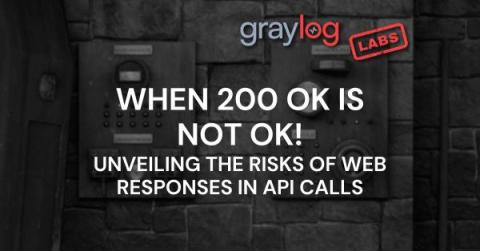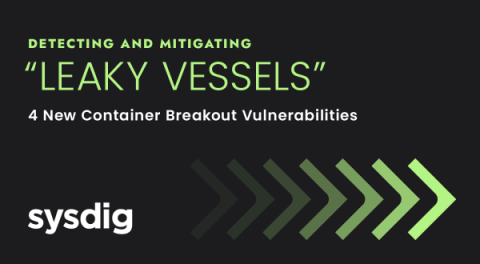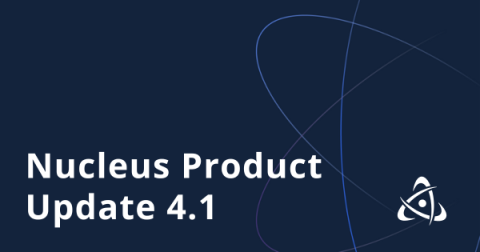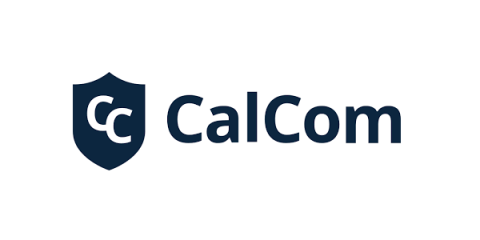Splunk Enterprise affected by CVE-2023-40598
This is an overview of the CVE-2023-40598 vulnerability, which affects Splunk Enterprise versions below 8.2.12, 9.0.6, and 9.1.1. We will explain the nature of the vulnerability, how it can be exploited, and how it can be fixed. We will also provide code examples, links to web pages with valuable information, and tips on how to prevent similar vulnerabilities in the future.











